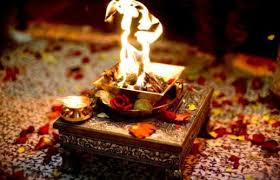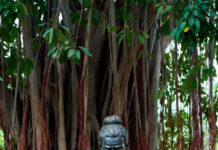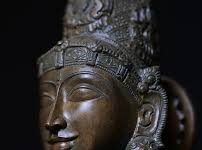
Dear Jayamohan,
While watching your videos, I came across one where you discussed the Vedas. It was a significant conversation in which you addressed how to approach these ancient texts.
Some people believe that the Vedas are secretive works filled with unknowable mysticism, accessible only to a select few. However, the truth is that ancient texts worldwide have often been transformed into mystical works and treated as exclusive knowledge reserved for a small group. For instance, we can observe Chinese texts like the I Ching being utilized as astrology guides in the quest for meaning. Similarly, in South Tamil Nadu, old medical manuscripts and mantra scriptures from Kerala are often kept as secret knowledge in this manner.
This reflects an Indian mentality or a mentality characteristic of low-country regions. Such a mindset values the right to knowledge, recognizing that in ancient times, knowledge was a source of power. There was a time when one could establish authority through knowledge, and this form of authority remains relevant in certain areas today.
We still interpret the Vedas through the lens of the illusions they created. However, the Vedas are accessible to everyone even now, and their poetic nature and historical significance continue to hold importance for us.
Reciting the Vedas accurately and without error has become a ritual, often referred to as Vedic education today. This ritual may still serve a purpose for some individuals. Consequently, certain priests may be learning to recite these texts. However, what a seeker of knowledge truly needs to grasp is the meaning of the Vedas. Through this understanding, one should aim to reach Vedanta. You have articulated this clearly. Congratulations.
Ma. Kothandaraman











